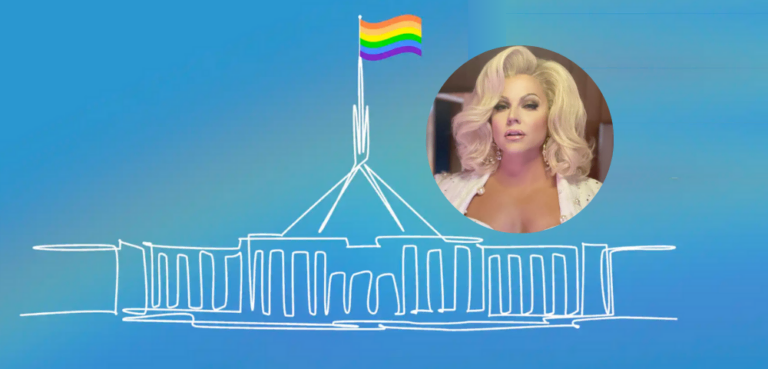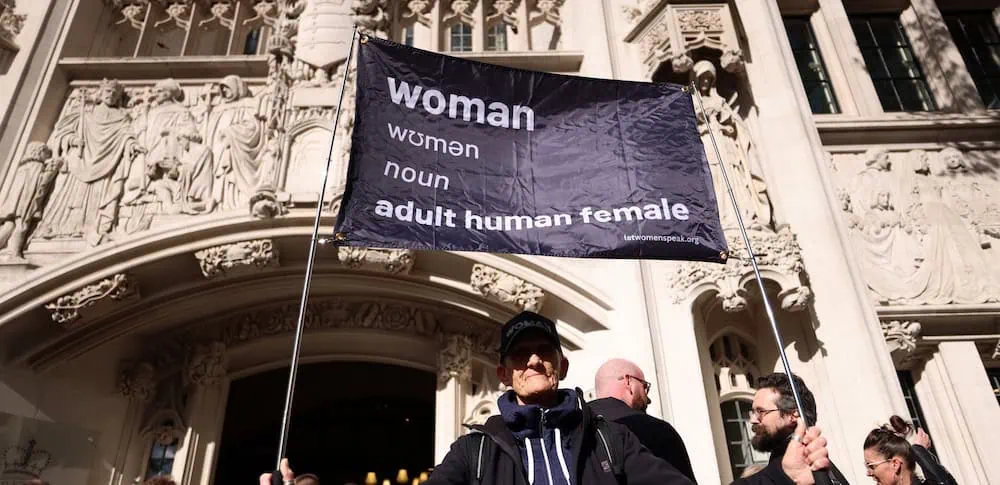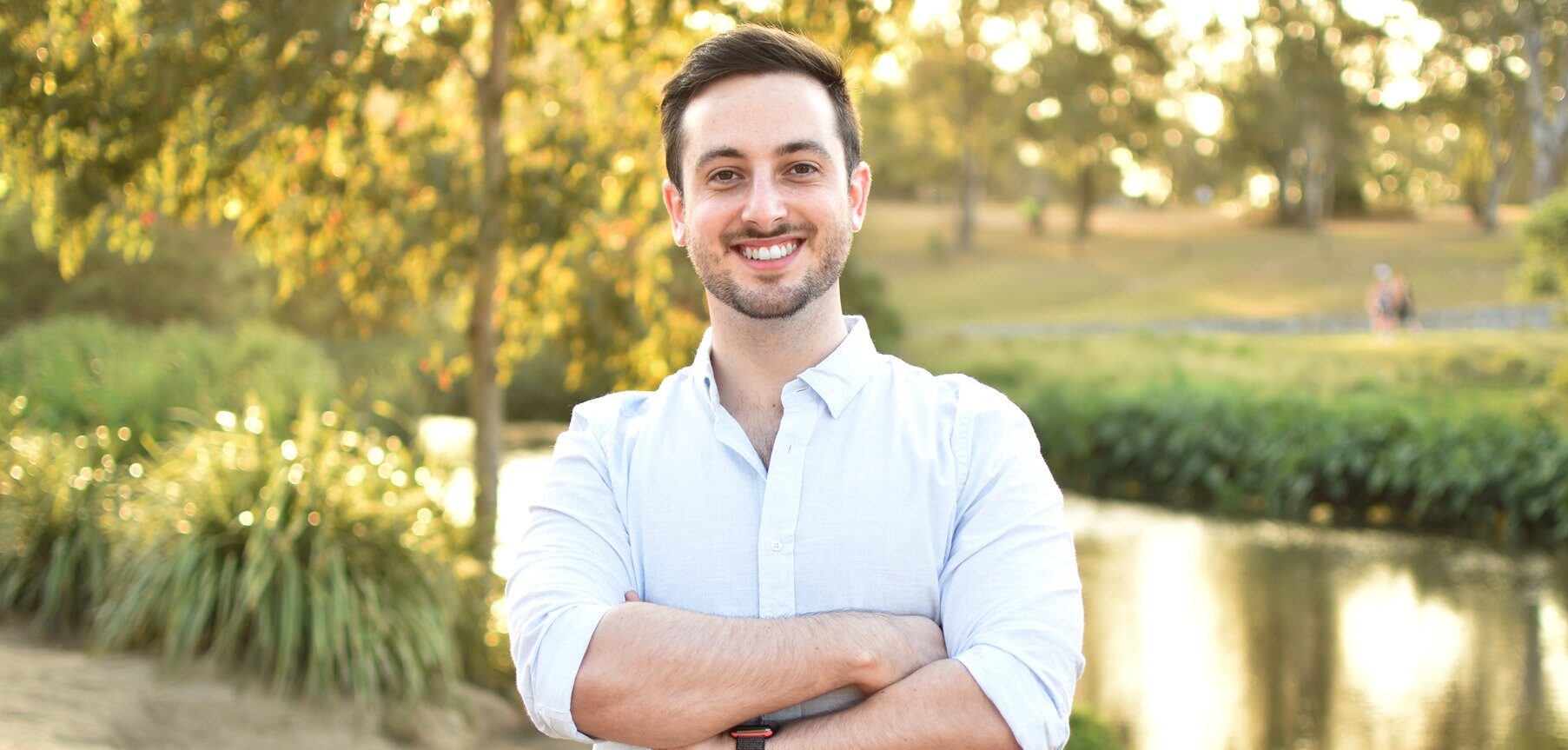
Calls To Add Gender-Affirming Surgeries To Medicare Rebate List Grow

LGBTQI advocates have welcomed reports that the Australian government is considering adding gender affirming surgeries to the Medicare rebate list.
The federal government was considering adding 21 items for Medicare rebate, including gender affirming surgeries like chest surgery and genital reconfiguration, reported national broadcaster ABC.
In 2021, a petition to the Federal Parliament calling for gender affirming surgeries to be listed as Medicare items had garnered over 150,000 signatures.
According to TransHub, while trans persons can claim a Medicare rebate for some gender affirming surgeries, it does not subsidise what is termed “cosmetic” surgical procedures. “Some affirmation surgeries in Australia are still considered cosmetic, and as a result are not subsidised by Medicare,” said TransHub.
Making Gender-Affirming Care Accessible
Sally Goldner, trans advocate and Just.Equal spokesperson, said that adding gender affirming surgeries to medicare would mean “these otherwise costly surgeries are more accessible to those who need them.”
“We believe a broad range of trans and gender diverse community voices must be part of this process to ensure an outcome that is driven by, and benefits, the community to the greatest degree possible,” Goldner said in a statement.
“At the moment, health professionals’ voices are being heard, but not necessarily the voices of people most affected. It’s vital the Government understands we are people with expert knowledge of our own lives, not just a problem to be solved.”
‘Consult Trans Community’
Goldner called on the Federal government to consult with trans and gender diverse persons on the issue.
“Like some states and territories, the Federal Government should have a permanent LGBTIQA+ health advisory committee with community members appointed through a transparent expression-of-interest process,” said Goldner.
“Instead, it has established ad hoc, time-limited, largely unaccountable committees that deal with specific LGBTIQA+ issues and whose members are chosen with no obvious process. It’s time to set the relationship between the Federal Government and our community on a stronger footing.”









